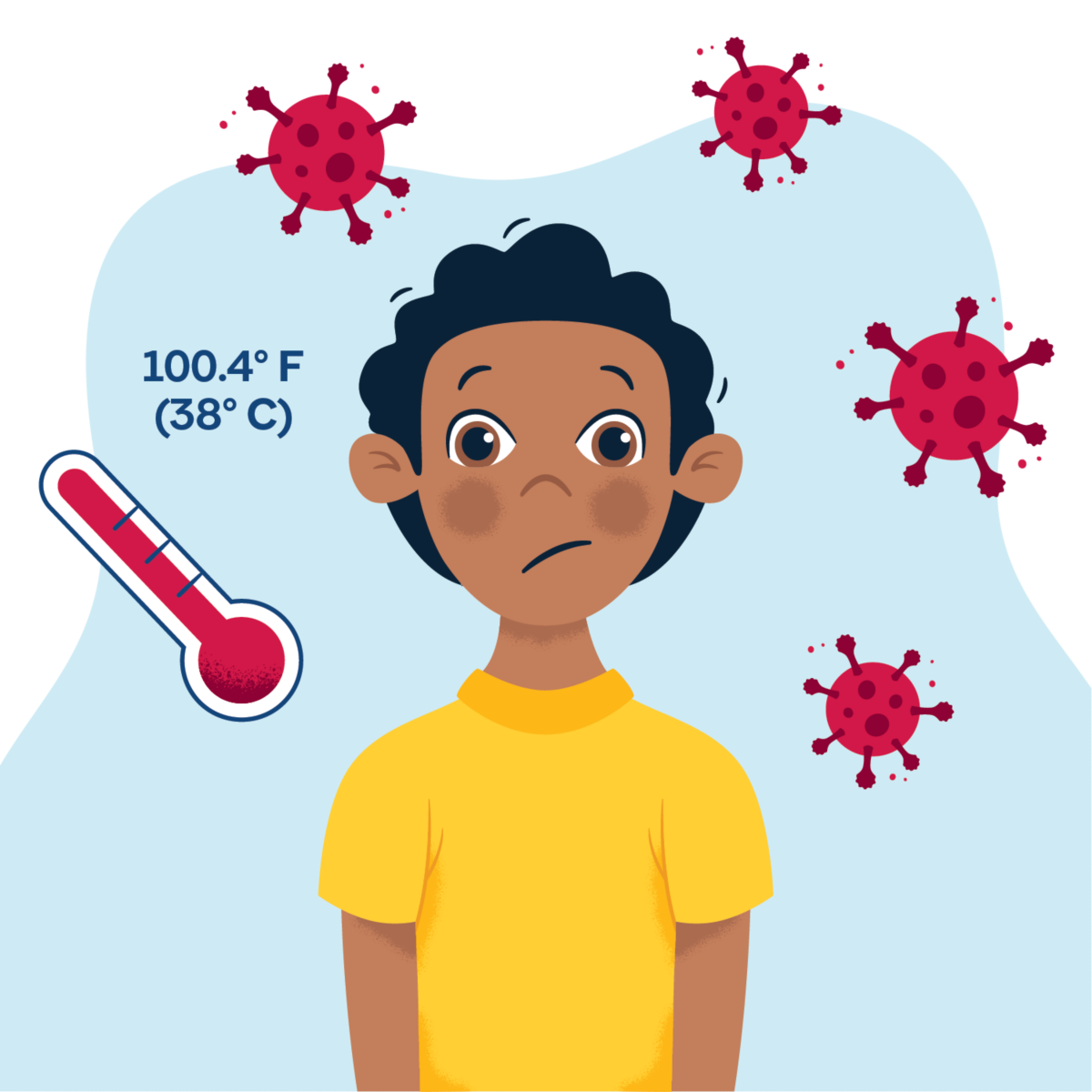South Norfolk CCG Nurses Care Home Practitioners are working with residential and nursing homes across central Norfolk and Waveney to reduce avoidable hospital admission and misdiagnosis of urinary tract infections UTIs. Urinary tract infection UTI is a common infection worldwide.
:max_bytes(150000):strip_icc()/urinary-tract-infections-treatments-89319-627dcf085a42415bb9adf1e4d6ebb239.png) How A Urinary Tract Infection Is Treated
How A Urinary Tract Infection Is Treated
The urinary tract system involves the kidneys bladder and urethra.

Uti home care. Do not hold your urine for long periods of time. Urinary tract infection UTI is the most common infection among older patients in home care servicesQuick and reliable diagnosis of UTI depends on assessment methods with as few errors as possible as well as the knowledge level of UTI among involved health personnel. The most common pathogen that causes UTI is Escherichia coli that is part of the normal gut flora.
Change your pad each time you use the bathroom. Empty your bladder often. Studies have suggested that those who increase their water consumption from less than 15 liters of water a.
Structured drink rounds were a low-cost intervention for preventing UTIs and implemented easily by care staff. Care home residents benefited from greater fluid intake which in turn may have reduced infection. Home remedies such as drinking cranberry juice may help manage symptoms of UTIs.
In this study we aimed to identify risk factors for UTI in home care patients. As a general rule DO NOT use any product containing perfumes in the genital area. Urinary tract infection UTI is a medical condition that results from the invasion and multiplication of pathogens in the urinary tract.
UTI is more common in women than in men due to the anatomical positions of urethra and anus. 14 If UTI symptoms are recognized early and UTI is. Prevent another UTI.
3 Urinary tract infection UTI is one of the most common infections in home care with about 15 27000 of older adults in home care diagnosed with a UTI in 2017. To prevent future urinary tract infections you should. Drink liquids as directed.
Urinary Tract Infection UTI was identified as the main reason to call a GP out-of-hours or to result in an unplanned admission to hospital from residential and nursing homes. Infections are common in home care estimated to contribute to rehospitalization of more than 21 of postsurgical home care recipients within 30 days of home care. Care home staff were using a urine dipstick to diagnose a urinary tract infection then calling a health care professional HCP for antibiotics resulting in inappropriate.
DO NOT douche or use feminine hygiene sprays or powders. They developed and implemented a new checklist to support nursing and care staff within the residential facilities to. UTIs requiring antibiotics reduced by 58 and UTIs requiring hospital admissions reduced by 36 when averaged across the four care homes.
Urinate and empty your bladder as soon as you feel the need. Wipe from front to back after you urinate or have a bowel movement. Numerous studies have demonstrated risk factors for UTI in facilities and communities.
Choose sanitary pads instead of tampons which some doctors believe make infections more likely. This will help prevent germs from getting into your urinary tract through your urethra. Patients who received home care for at least three months in 2017 were included.











